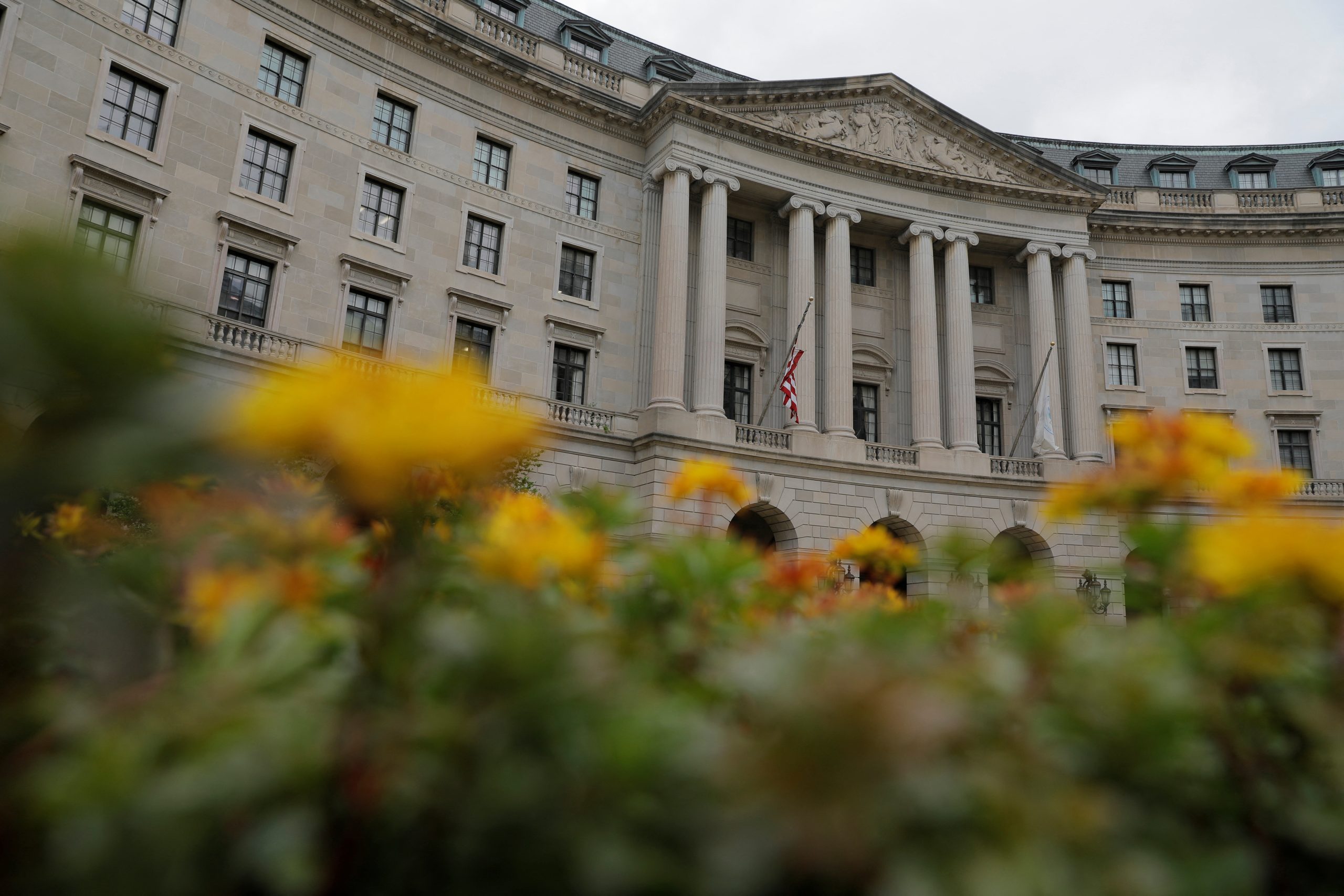
Willie R. Tubbs, FISM News
[elfsight_social_share_buttons id=”1″]
The Environmental Protection Agency has launched an inquiry into the extent to which state and local officials in Mississippi tried to equitably distribute federal funds before and during numerous crises in the predominantly black capital City of Jackson.
Late last week, the NAACP shared a letter the organization had obtained from the EPA which confirmed the agency’s Office of Environmental Justice and Office of External Civil Rights Compliance would be investigating if Jackson and Mississippi complied with civil rights laws when addressing a water shortage that dominated headlines earlier this year.
Specifically, the EPA investigators will seek answers to whether the Mississippi Department of Health (MDH) and the Mississippi Department of Environmental Quality (MDEQ) “discriminated against the majority Black population of the City of Jackson on the basis of race in their funding of water infrastructure and treatment programs and activities, in violation of Title VI of the Civil Rights Act of 1964.”
It is important to note that the allegations that have led to the investigation come from outside the federal government and that the EPA has not yet offered an opinion as to the validity of those allegations.
The investigation comes after the NAACP filed an official complaint against the listed departments and the EPA’s Office of Inspector General launched a similar inquiry.
“We applaud the EPA … for taking this issue seriously and opening a federal civil rights investigation into the state’s racially discriminatory use of federal funds for the City of Jackson’s water systems,” NAACP President Derrick Johnson said in a statement. “This action is only the first step. NAACP and its partners will continue to press the Biden Administration and Congress to hold state officials accountable and ensure that Jackson officials and residents are active participants in the decision-making that will be required to fix the unacceptable problems with Jackon’s water.”
The state of Mississippi received some $75 million in funding from the bipartisan infrastructure bill that passed almost a year ago. The NAACP alleges the money went to suburban and rural, predominantly white, areas at the expense of Jackson.
“Today’s decision by the EPA is a significant first step in holding the state accountable for its role in exacerbating the Jackson water crisis,” NAACP Environmental and Climate Justice Director Abre Conner said in a statement. “For far too long, residents of Jackson, like Black communities across this country, have had water access weaponized against them.”
As of this writing, neither Mississippi Gov. Tate Reeves (R) nor Jackson Mayor Chokwe Antar Lumumba (D) have addressed the investigation.
From a political standpoint, leftists are hopeful that blame for Jackson’s woes can be ascribed to Republicans, who hold sway at the state level. However, in a city that has elected Democrat mayors, uninterrupted, since before the party sought to position itself as a friend of racial minorities, it will likely prove difficult for Democrats to escape at least some blame.
It is also unlikely that either major political party ultimately suffers any real setback because of its handling of Jackson’s crises.
The voting registry is such in Mississippi that Republicans are in no real danger of losing control of the governor’s office and Democrats are quite safe in counting on Jackson.
Even if one side could convince voters on the other to turn on someone like Reeves or Lumumba, either party could easily find a replacement candidate who would, with near certainty, cruise to victory.
That’s tough news for the people of Jackson, who by any reasonable measure have faced generations of deteriorating social conditions and recent months of intense suffering.
Jackson residents, about 80% of whom are people of color, spend the late summer having to boil their water before consumption to kill contaminates. Reeves declared a state of emergency in late August.
The city’s water supply issues have abated, but the city still has an unreliable treatment system.
Troubles have been many for the Southern city as residents have also faced flooding and, for a brief time earlier this month, the threat of having no trash collection.
In the latter case, the New Orleans-based company contracted to pick up garbage in the city said it had not been paid for its services and is suing the city for restitution. The council later agreed to pay more than $4 million to the company to avoid a shutdown, money the council admits isn’t readily available.
Lumumba and the council have been at odds for months over who has the authority to enter into contracts on behalf of the city. As first reported by the Jackson Clarion-Ledger, Lumumba sued the council in March.
